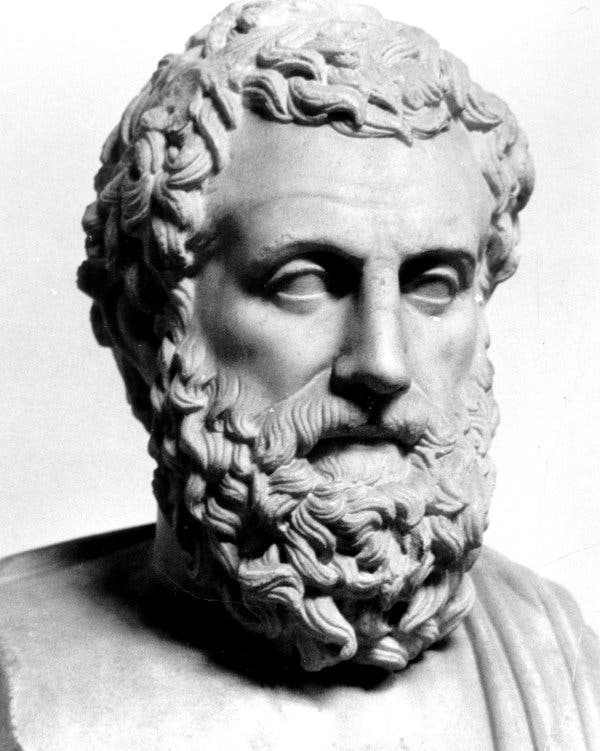“Our next speaker needs no introduction whatsoever as she is famous worldwide for her inspirational and incredible presentations. I would say she is one of the best presenters I have ever seen.”
oh.
Please never introduce anyone like that, even if those amazing things are what you actually believe. It is never the case that a presenter “needs no introduction,” rather the converse. An introduction establishes part of the validity of that individual in taking the stage. It can make or break a presentation. The good presenter can influence the introduction more than many are aware.

“Needs no introduction” is a generous phrase that suggests the speaker is so famous that everyone in the audience is aware of their achievements and nothing can be added to affect reception of the presentation. This is never the case save perhaps Her Royal Highness Queen Elizabeth. No-one is universally recognised, acclaimed or their full background known to every individual. Everyone needs an introduction.
The validity of a speaker at a particular event is a complex mix of factors based principally around the audience, not the speaker themself. A paediatric surgeon may be internationally famous for their surgical research but that, in itself, may be of little import when speaking to a group of psychologists about presentation skills. The organising group gift a degree of validity by inviting a particular speaker but the true validity for the audience will only be established by the speaker themself, not in the introduction.
Aristotle is said to have developed the concept of rhetorical validity (of a presentations) as a balance of three factors; logos, ethos and pathos. Logos is the logic of the opinion, pathos is the emotional engagement with the topic and ethos is the credibility a speaker brings to the topic. A presentation on the p cubed approach might be based around the logos of the scientific evidence against standard powerpoint. The desire of the audience for a change from terrible presentations is pathos. All of that delivered in a monotone with horrible slides minimises the ethos of the piece. Each of the factors is, as with the p cubed value, solely in the opinion of the audience, not the presenter.
With this knowledge the good presenter can influence the introduction delivered to the benefit of the message. Prior discussion with the Chair can details specific facts to be covered and potentially omitted as well as establishing the nature, direction and intention of the piece even before the speaker begins. “Needs no introduction” is a cliche phrase. Every great presentation starts with a great introduction.